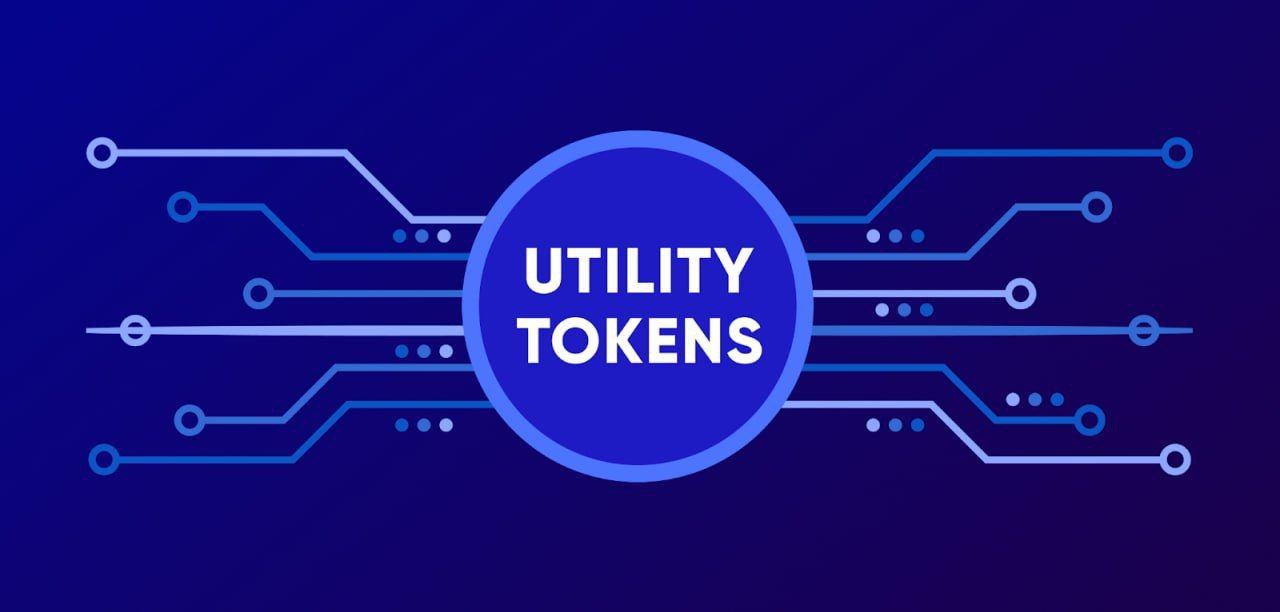ARTICLE AD
Some crypto projects on the network have been forced to postpone their launches indefinitely following the congestion challenges with Solana.
Austin Federa, Head of Communications for Solana Labs has confirmed the contribution from multiple developers to solve the congestion menace plaguing the network.
Solana Burdened with Extreme Congestion
Solana (SOL) is a popular blockchain platform known for its use of a Proof-of-Stake (PoS) consensus mechanism to provide smart contract functionality. While Solana attempts to solve Ethereum’s scalability issues, the blockchain is now experiencing extreme congestion.
The exact cause of the severe congestion has been the subject of numerous discussions, many of which contradict one another. However, Federa thinks the primary cause of the problem is the use of software systems that aren’t robust enough to withstand the amount of traffic targeted at it.
Specifically, Federa points out congestion observed in the implementation of QUIC on the Agave validator client. He states that although the problem was known and planned for resolution, the sudden surge in demand for Solana was unanticipated. This unexpected rise in demand soon escalated the problem from tolerable but requiring improvement to inadequate in a few days
Federa describes this situation as a “failure of success”, which can also be interpreted as a “failure of planning”. This suggests that Solana is facing severe congestion not because the network failed, but because it was unable to handle the unexpectedly large demand owing to insufficient planning.
Solana Suffering from “Tech Debt”
Additionally, he refers to the situation as “tech debt”. In software development, tech debt is the implied cost of additional work in the future required from choosing an easy but limited solution instead of a better approach that may take more time.
Federa cited an instance of preparing Solana to support Firedancer, its first independent validator client implementation, which will require a near-complete rewrite of the networking stack later this year. According to Federa, every decision involves tradeoffs, and sometimes these tradeoffs can result in unintended consequences, as seen with the congestion issue on Solana’s network.
Developers from Anza, Firedancer, Jito, and other core contributors are working diligently (and not sleeping much) to shore up Solana's networking stack to meet the unprecedented demand the network is seeing today.
There's been a lot of threads on what exactly is causing the…
— Austin Federa | 🇺🇸 (@Austin_Federa) April 10, 2024
To rectify this issue, developers across the ecosystem including those from Jito, Anza, Firedancer, and other core contributors are now working to fix the issue. Federa highlighted that the developers hope to implement and test enhancements in the networking stack to alleviate present network congestion.
Regarding when the problem will be fixed, he said, “It will take some time, but we’ll get there.”
Developers Delay Crypto Projects amid Congestion on Solana
Meanwhile, some crypto projects on the network have been forced to postpone their launches indefinitely following the congestion challenges with Solana. As revealed in a Tuesday report, altcoin project Duck Coin, disclosed a delay in an X post.
Surge Finance also announced that it postponed the introduction of its SURGE coin and opted to hold off on announcing a new launch date until conditions improve enough for transactions to succeed. Furthermore, Suit Up, a Non-Fungible Token (NFT) project, has likewise suspended its launch until further notice.
As of this writing, SOL is trading at $165.67, down by 4.3% in the last 24 hours. Despite this decline, the trading volume is up by 37.64% to $3.1 billion.

 8 months ago
49
8 months ago
49 

